How to Create a mobile app for the Healthcare Industry
The healthcare industry is rapidly embracing digital transformation, and Mobile Apps have become a critical tool in delivering healthcare services effectively. From managing patient data to offering telemedicine services and improving communication between healthcare providers, Mobile Apps are making a significant impact. For mobile app developers, creating an app for the healthcare industry can be a rewarding venture, but it requires a deep understanding of the sector's unique needs and challenges. This blog will guide you through the process of developing a mobile app for healthcare, focusing on the critical steps and considerations for mobile app developers.
Understanding the Healthcare Industry's Needs
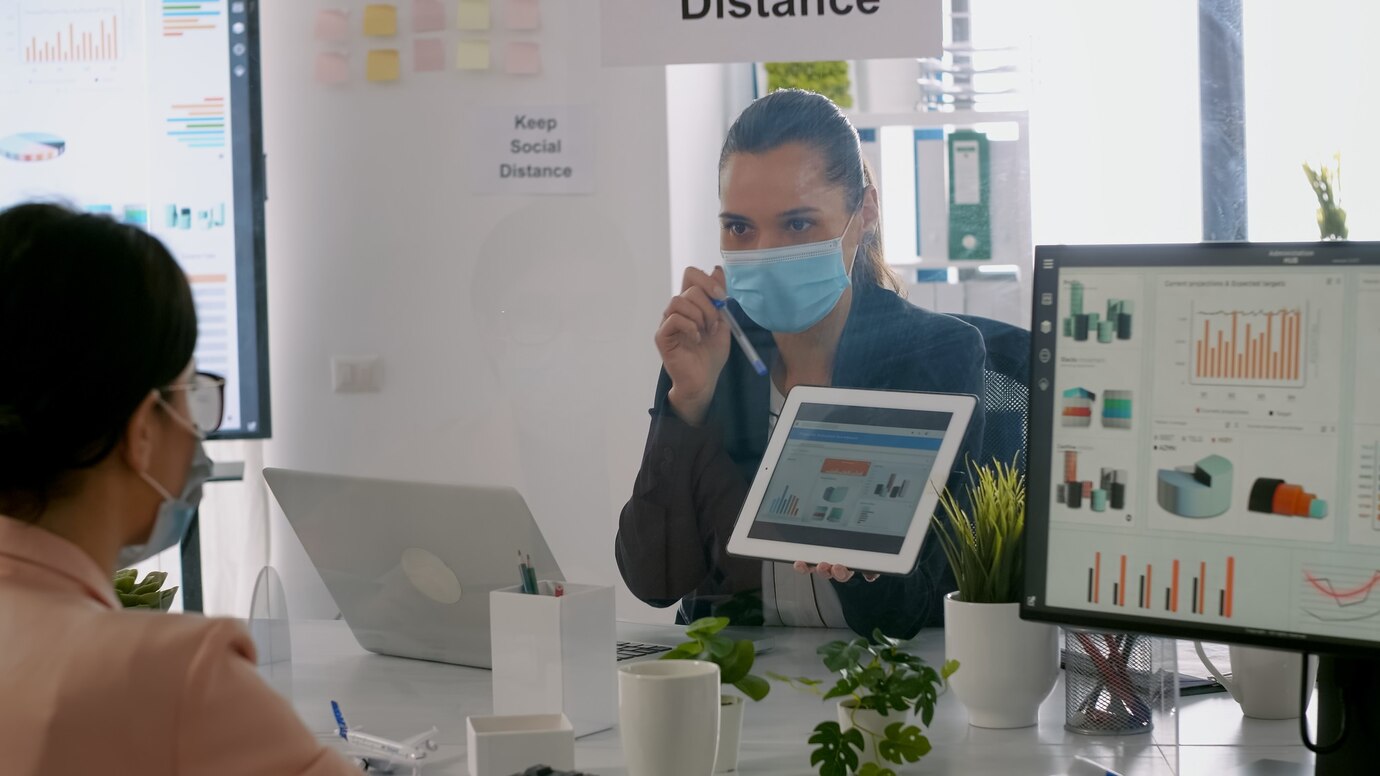
Before starting the development process, mobile app developers must first understand the healthcare industry’s specific needs. Healthcare apps must cater to a broad audience, including patients, doctors, medical staff, and administrators. The app can serve a variety of functions, such as patient monitoring, appointment scheduling, telehealth services, prescription management, or patient education.
For mobile app developers, one of the primary challenges is ensuring the app is user-friendly for all types of users. Healthcare professionals need tools that allow them to efficiently manage patient data, while patients need intuitive interfaces that make it easy to access healthcare services. Therefore, understanding the unique requirements of both groups is crucial for developing a successful app.
Compliance with Regulations

One of the most significant factors mobile app developers must consider when creating a healthcare app is compliance with healthcare regulations. In many regions, healthcare apps must adhere to strict standards to protect patient privacy and ensure the app functions safely. In the U.S., for example, the Health Insurance Portability and Accountability Act (HIPAA) sets guidelines for protecting patient information, while in Europe, the General Data Protection Regulation (GDPR) governs data privacy.
Mobile app developers must integrate security measures such as encryption, secure authentication, and data access control to protect sensitive patient data. Additionally, any healthcare app needs to have built-in compliance features that ensure it adheres to the local regulations governing healthcare data.
Defining the App’s Purpose and Features

Healthcare apps can serve various purposes, so mobile app developers must define the app’s core features early in the development process. The features should align with the needs of healthcare providers, patients, and other stakeholders. Some common features found in healthcare apps include:
Telemedicine capabilities:
Video consultations, chat features, and remote monitoring.
Appointment scheduling:
Patients can book and manage their appointments with ease.
Prescription management:
Patients and healthcare providers can manage prescriptions and refills digitally.
Health tracking:
with wearable devices to track vital health data such as heart rate, steps taken, or glucose levels.
Patient portals:
Secure access to medical records, lab results, and treatment history.
Mobile app developers should engage with healthcare professionals during the planning phase to determine the most valuable features for the app. This collaboration ensures that the app delivers meaningful value to its users and helps meet their needs effectively.
Design for Usability
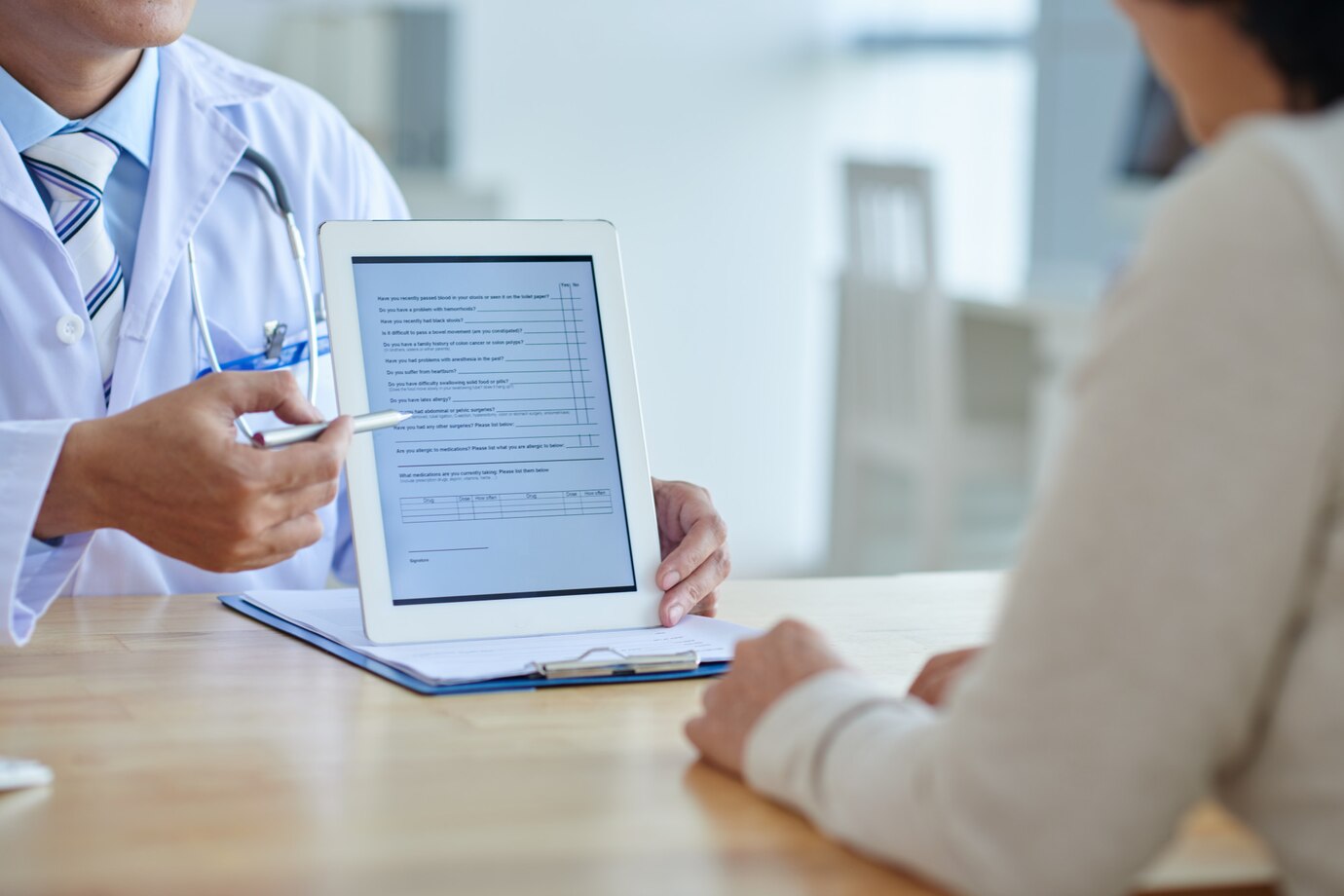
When developing a mobile app for healthcare, usability is key. Mobile app developers need to create interfaces that are intuitive and easy to navigate for both healthcare providers and patients. An app’s design should consider the various user demographics, including older adults, who may not be familiar with technology.
The design should focus on simple navigation, clear labels, and well-organized content. For example, healthcare apps for elderly users should have larger text, easily accessible buttons, and voice-enabled features. Mobile app developers should also consider color contrast and design choices that make the app accessible to users with disabilities, ensuring the app complies with accessibility standards.
Integration with Healthcare Systems
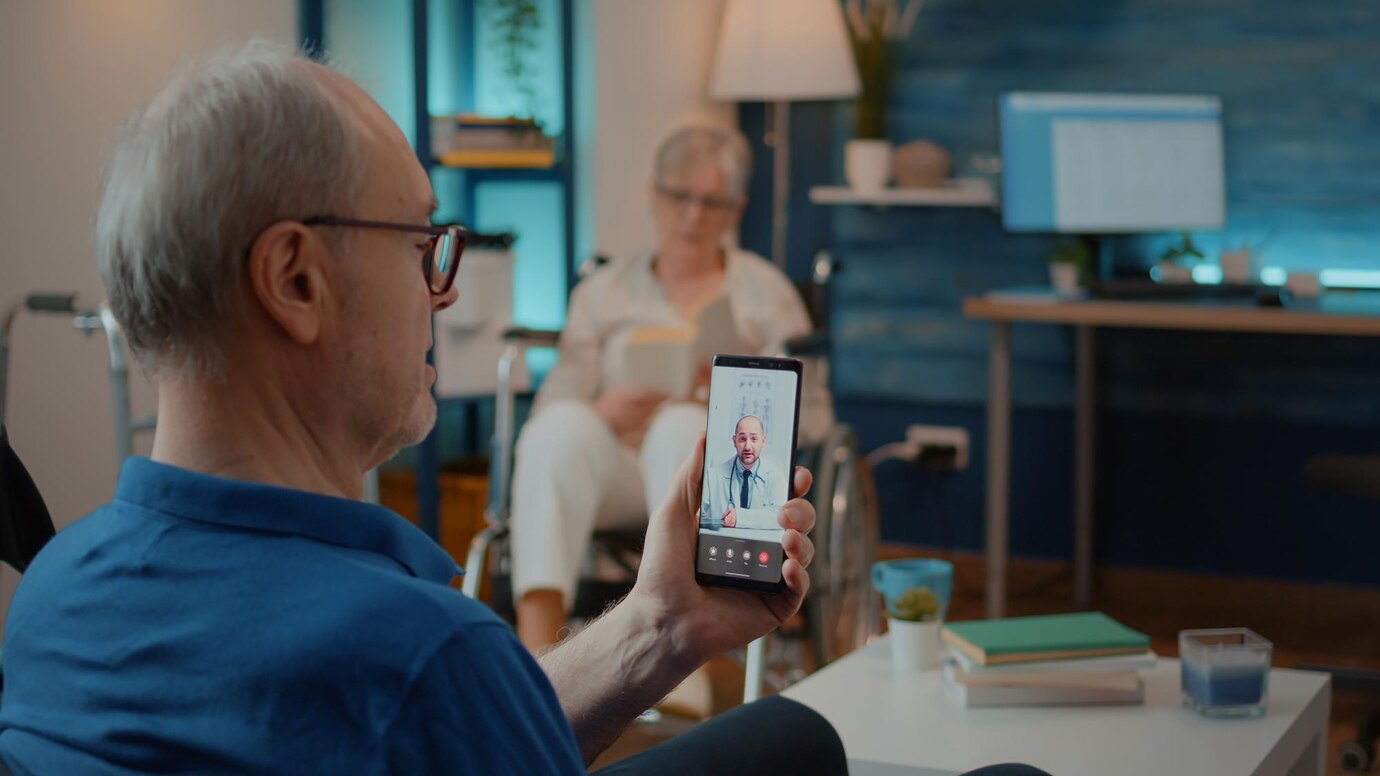
A crucial aspect of developing a healthcare app is its ability to integrate with existing healthcare systems and Electronic Health Records (EHR). Integration allows the app to provide real-time access to patient data, test results, and medical history, which can improve decision-making for healthcare professionals.
Mobile app developers must collaborate with healthcare providers to understand their existing systems and design an app that integrates seamlessly. This might involve working with APIs that link the app to EHR systems or third-party healthcare platforms. Effective integration can also lead to enhanced interoperability across different healthcare services and apps.
Ensuring Data Security

Given the sensitivity of healthcare data, security must be a top priority for mobile app developers. Healthcare apps need robust security protocols to protect patient information and prevent breaches. This includes using strong encryption techniques for data transmission and storage, implementing multi-factor authentication for user logins, and ensuring secure communication channels between patients and healthcare providers.
Developers should also regularly conduct security audits to identify potential vulnerabilities and address them promptly. Cyberattacks targeting healthcare apps have become more prevalent, making security a key concern for both developers and healthcare providers.
Testing and Quality Assurance
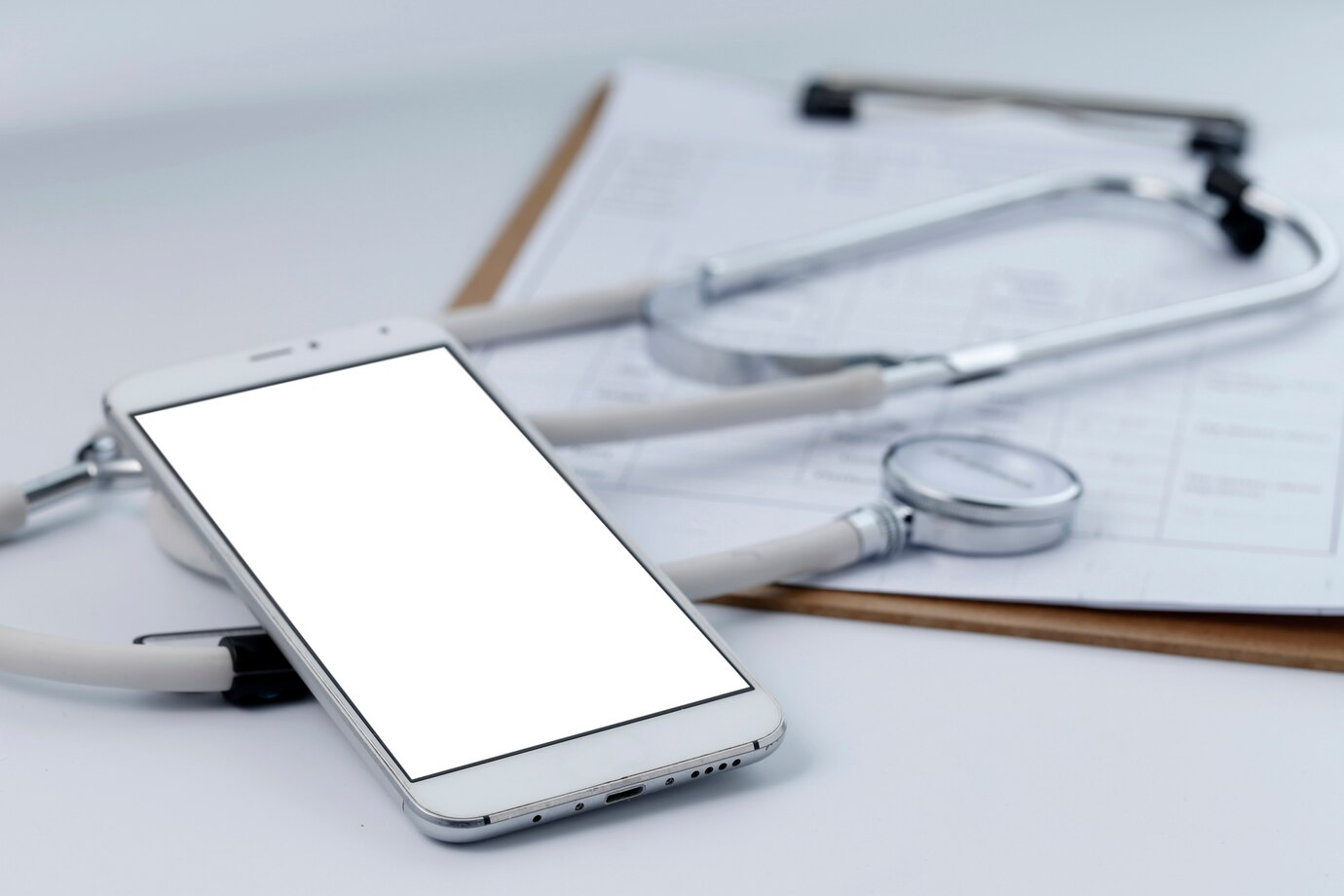
Testing is a crucial step in the development process, especially for healthcare apps that need to meet high standards of reliability and accuracy. Mobile app developers should conduct rigorous testing to ensure the app works across a variety of devices and platforms. This includes functional testing to check that all features work as intended, usability testing to evaluate the user experience, and security testing to ensure data protection.
Additionally, developers should involve healthcare professionals in the testing process to ensure the app’s usability and functionality align with real-world needs. This collaboration can help identify potential improvements and ensure the app is ready for the healthcare market.
Launch and Continuous Improvement
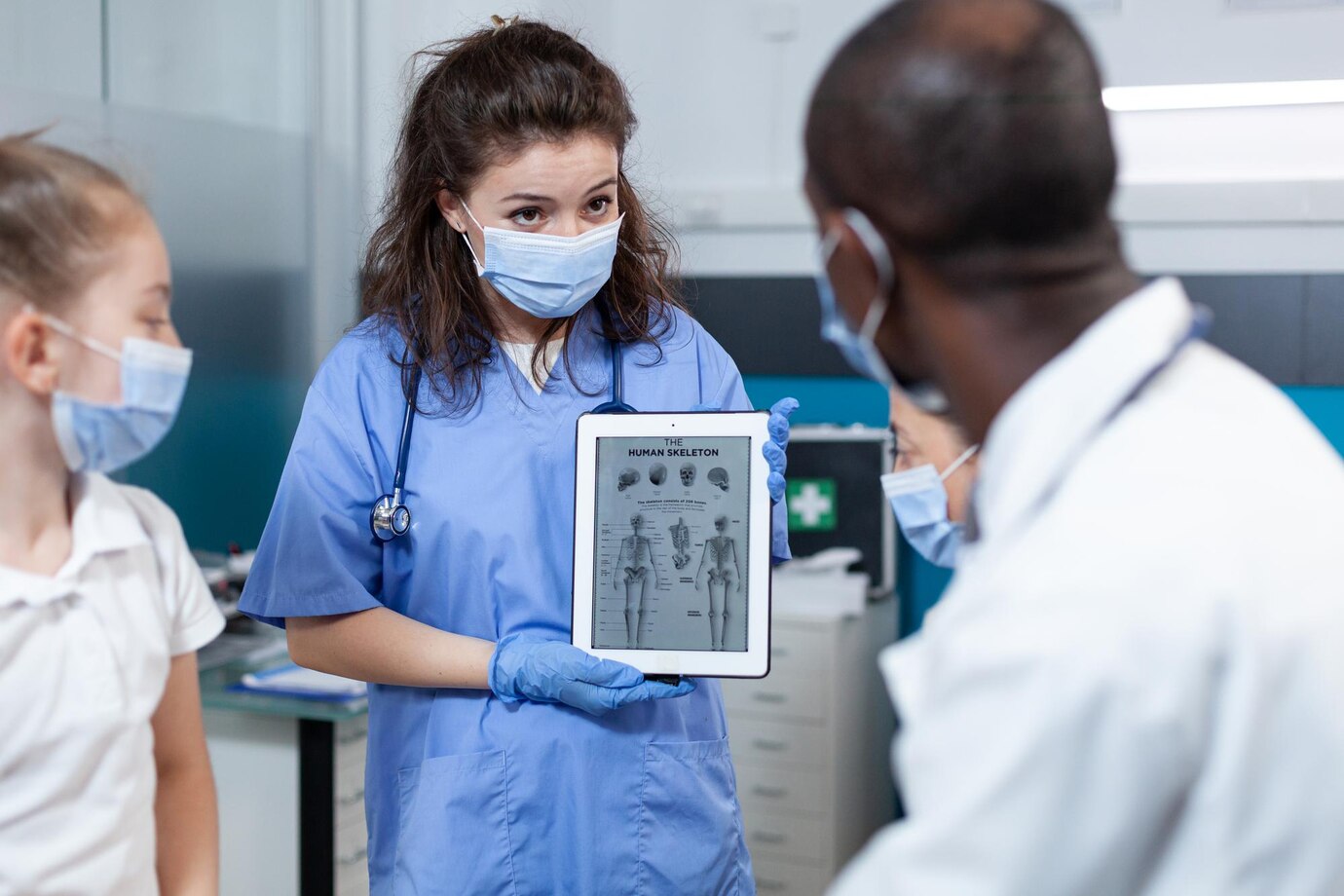
Once the app has passed testing, it’s time for the launch. However, the development process doesn’t end there. Mobile app developers must continue to monitor the app’s performance, collect feedback from users, and make updates as needed. Healthcare regulations may evolve, requiring ongoing updates to ensure compliance.
Moreover, as technology advances, healthcare apps should continue to innovate and offer new features to stay competitive. Regular updates not only help improve the app’s functionality but also ensure it remains secure and relevant in the fast-changing healthcare industry.
Conclusion
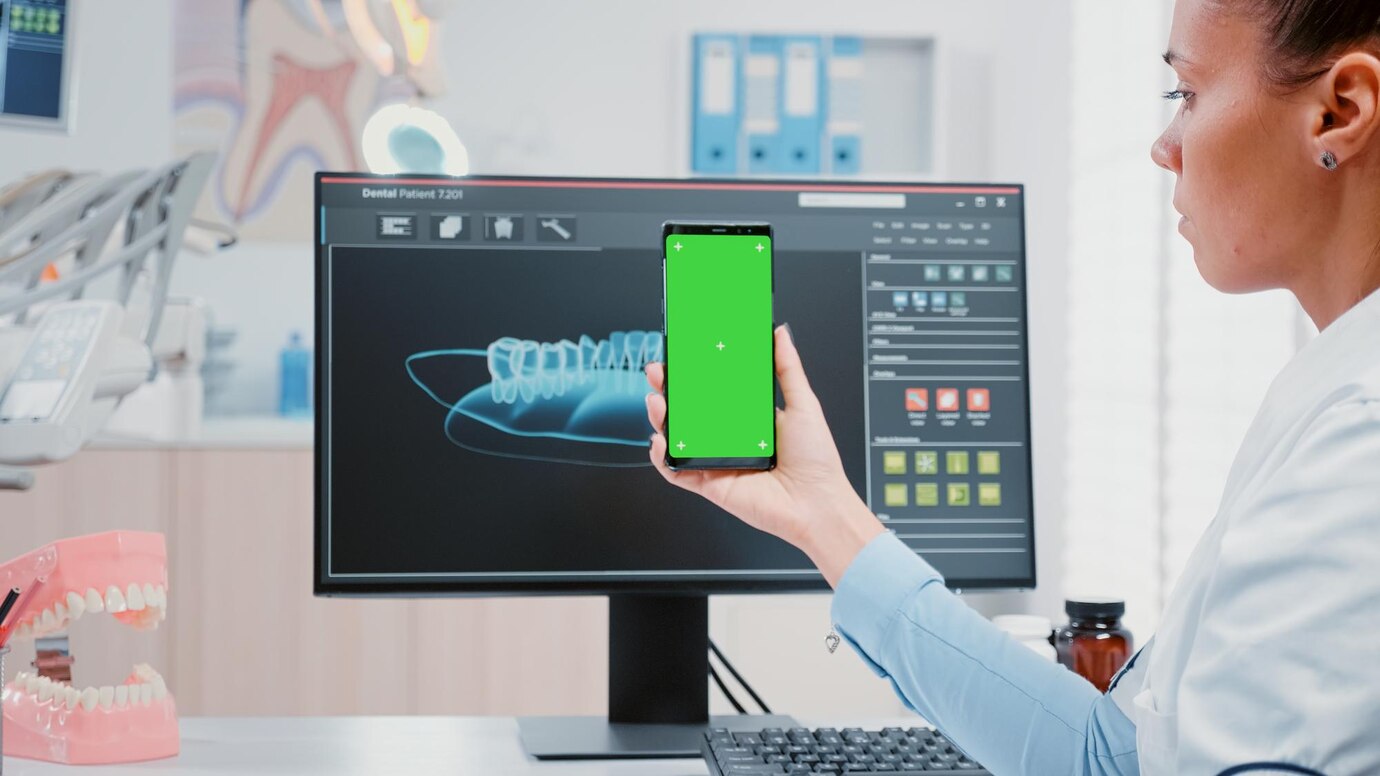
Creating a mobile app for the healthcare industry is a challenging but highly rewarding project for mobile app developers. The app must prioritize user needs, compliance with healthcare regulations, and data security while offering intuitive design and meaningful functionality. By following the outlined steps—understanding the healthcare industry, ensuring compliance, defining the app’s purpose, and focusing on security and usability—developers can create Mobile Apps that make a positive impact on healthcare delivery and improve patient outcomes. With continuous updates and attention to user feedback, a healthcare app can become an essential tool for the industry.






